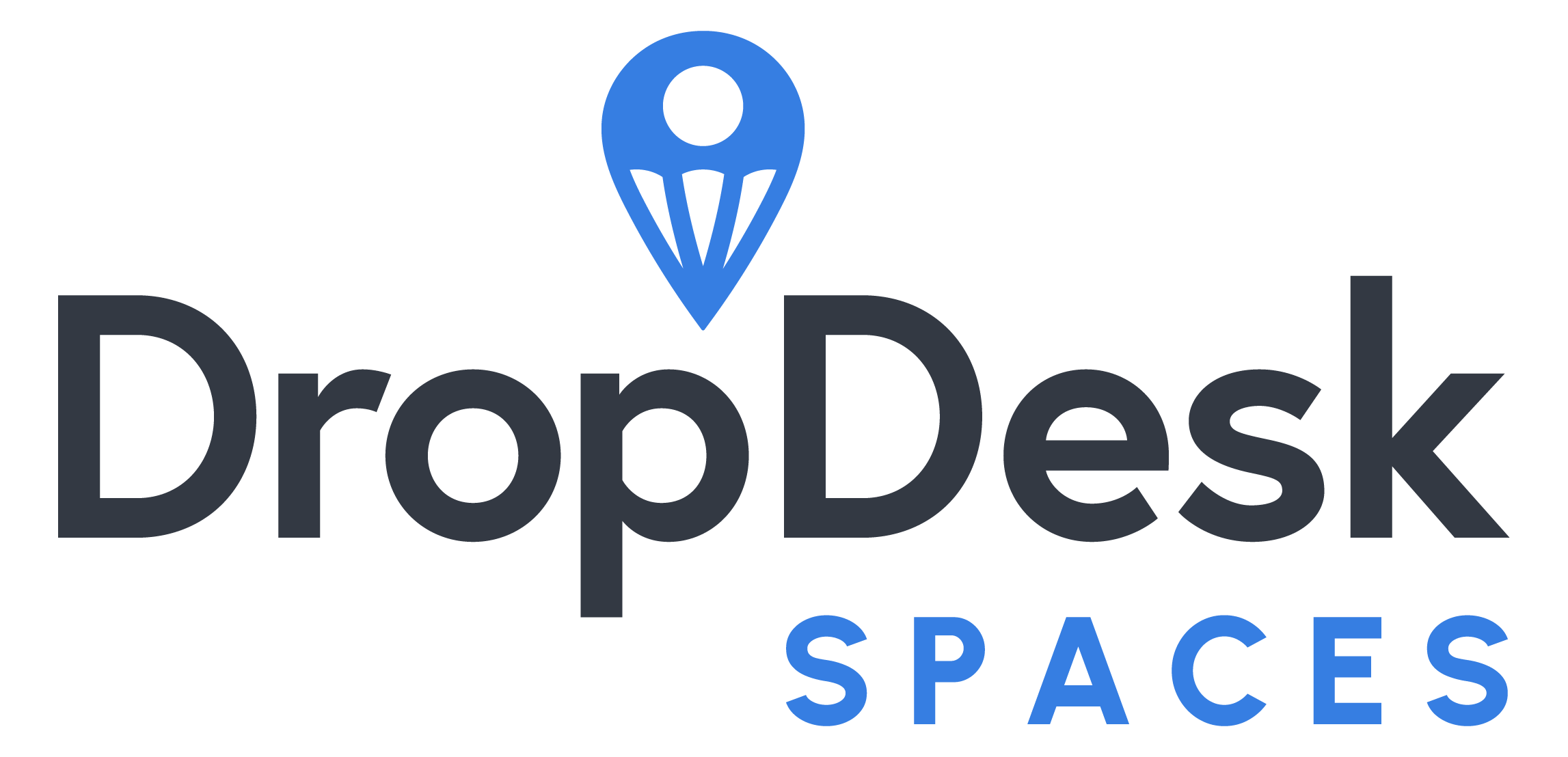The 2026 Playbook: How to Fill Your Coworking Space (Without Burning Out)
Marketing a coworking space used to be about hosting happy hours and posting photos of latte art. In 2026, that isn't enough. The market has matured. Competition is fierce, and the customer journey has changed. Today's members expect instant booking, seamless digital experiences, and clear value propositions.



